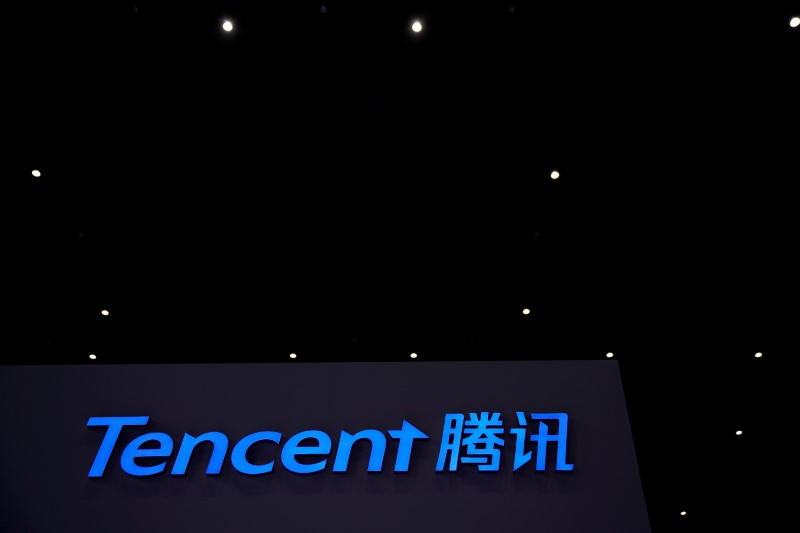Shares of China’s ‘BAT’ Trio Drop as Tech Faces Renewed Rate Risks
2022.08.08 09:27

By Ambar Warrick
Investing.com– Hong Kong-listed shares of Chinese technology giants Baidu Inc (HK:9888), Alibaba Group Holding Ltd (HK:9988) and Tencent Holdings Ltd (HK:0700) fell sharply on Monday, with tech stocks facing more pressure amid growing expectations of a sharp U.S. rate hike.
The three- known as China’s “BAT” trio, dropped between 2% and 4% in morning trade. They dragged the Hang Seng TECH index down 1.7%, and also weighed on Hong Kong’s benchmark index. The three are also a bellwether for sentiment towards technology stocks in Asia.
Technology stocks face renewed pressure this week after substantially stronger than expected U.S. payrolls data on Friday ratcheted up expectations that the Fed would hike rates by a large margin during its September meeting.
The dollar rallied 0.9% after the data, while U.S. 10-year Treasury yields jumped to a one-month high. The NASDAQ Composite slumped 0.5% on Friday, with Nasdaq 100 Futures indicating a muted open today.
Rising interest rates discount the future earnings of tech companies, making their stock valuations appear less attractive. This trend has walloped the tech sector in 2022, as the Fed raised rates four times this year- most recently in July.
Rate-hike risks are set to deepen this week, ahead of key monthly U.S. CPI inflation data due on Wednesday. While the reading is expected to have eased slightly in July from the prior month, any indication of inflation remaining elevated is bound to further dent tech stocks.
This has hurt the valuations of Alibaba Group Holdings Ltd ADR (NYSE:BABA) and Baidu Inc’s (NASDAQ:BIDU) U.S. listings, with the former touching a record low this year.
In addition to macroeconomic headwinds, the BAT trio is also facing increased government scrutiny in their biggest market, China.
Crackdowns against big tech in the mainland- starting from 2021- have severely dented the valuation of the three, which at one point, were the most valuable companies in Asia.








